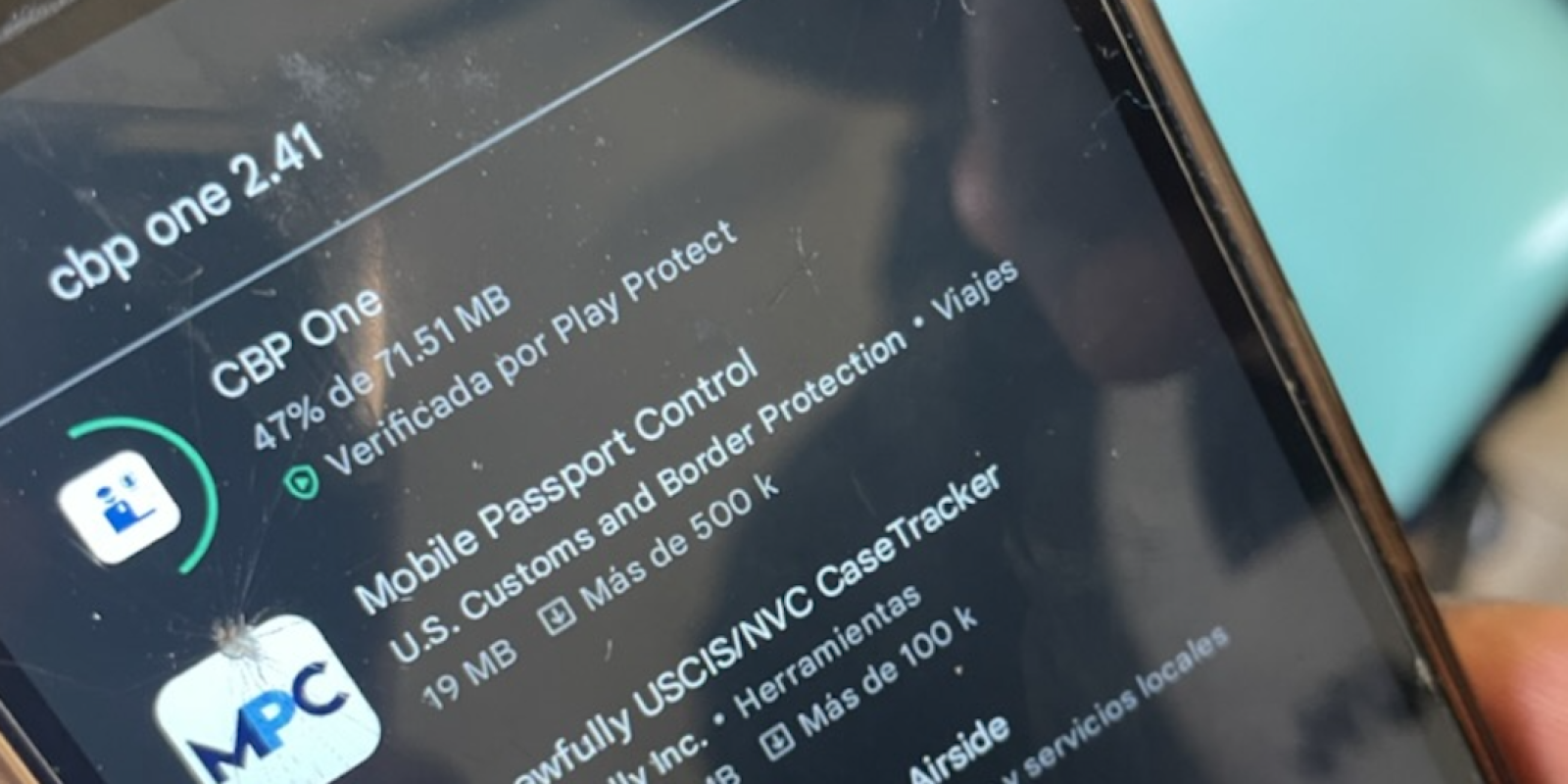Place Yourself in the Refugees’ Path
11 April 2019|Peter Devantara, S.J., Country Director of JRS Indonesia

Before celebrating the Resurrection of Jesus Christ, we are preparing ourselves through prayer, fasting, and almsgiving. These practices help us to break free from the captivity of our personal comfort zone. We must do the Lenten practices to genuinely witness our faith.
Regarding almsgiving, we can fulfill our duty towards the refugees in the way of the Good Samaritan helping the injured victim.
In our Lenten deserts, we are challenged not to stick with our comfort zone of self-centeredness, but to leave for the locus of the real encounter with Christ through our being neighbors to others in dire straits. If we fail at this, we are like the priest and the Levite, who make a detour, leaving the wounded victim to suffer or die, in the parable of the merciful Samaritan (Luke 10:25–37). Jesus makes clear that it is the Samaritan who shows himself truly to be the neighbor of the fallen man. Commenting on this parable in Works of Love, Søren Kierkegaard wrote:
Christ does not speak about recognizing one’s neighbor but about being a neighbor oneself, about proving oneself to be a neighbor, something the Samaritan showed by his compassion. By this he did not prove that the assaulted man was his neighbor but that he was a neighbor of the one assaulted.
The Samaritan simply does what any good neighbor would do by his act of beneficence. He loves a stranger like himself by loving and being hospitable to the stranger regardless of what the stranger can contribute to his life. He puts his own feelings, prejudices, or personal preferences aside.
You show that you are a neighbor to suffering strangers such as refugees not by recognizing them as your neighbors (and objects of pity) but by being a neighbor yourself to them. You prove yourself to be a neighbor just as the Samaritan proves it by his compassion when helping the one in need. You recognize your duty towards the refugees when you view them as you would view yourself, and you show that you are a neighbor to them when you fulfill your duty with the same consideration that you would give to yourself. That’s why you must love yourself first if you are to love your neighbor as yourself.
You can place yourself in the refugees’ path by thinking about what the refugees are thinking about you and how to act so that they perceive you as their neighbor. By doing this, there are ways you can take action with Jesuit Refugee Service (JRS) in your country and be sure that you are on the way to the real encounter with Christ.
This reflection is part JRS/USA’s Lenten campaign to #PrayFastGive4Refugees. we’re asking our supporters and friends to consider the Three Pillars of Lenten Observance – prayer, fasting, and almsgiving – as three calls to action for refugees. These three actions, like the mission of Jesuit Refugee Service – accompany, advocate, serve – are ways in which we can dedicate ourselves to our displaced brothers and sisters around the world. Click here to learn more.



